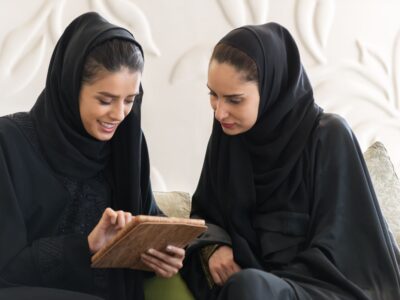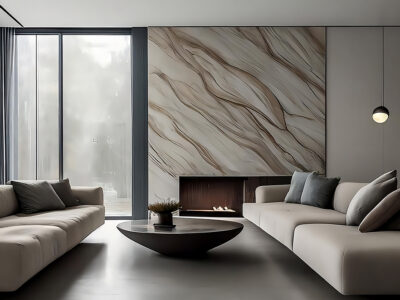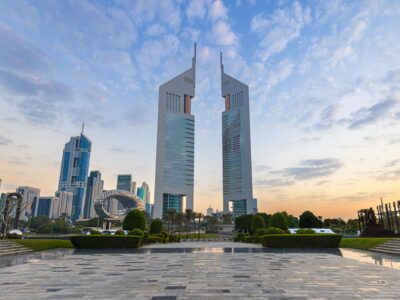Dubai’s skyline is punctuated by projects catering to ultra-wealthy investors. Yet, as property prices continue to surge and developers double down on luxury, one wonders if Dubai’s real estate market is missing a significant opportunity—the rising demand from the middle class.
The allure of the luxury segment is understandable. High-net-worth individuals, both local and international, have flocked to Dubai in recent years, seeking a haven for their wealth amid geopolitical and economic instability elsewhere. The emirate’s tax-free environment, advanced infrastructure, and lifestyle appeal make it a magnet for wealthy expatriates and foreign investors.
And the figures are compelling. This year, prices for homes valued at over $10 million in Dubai have surged at one of the fastest rates globally, fueled by relentless overseas demand for prime properties in the emirate. Developers, naturally, are eager to cash in on this boom.
In recent years, a more pragmatic reality has been emerging—Dubai’s middle class, both expatriates and nationals, and it has been expanding. These are professionals, small business owners, and entrepreneurs who are key to the city’s long-term economic sustainability. With Dubai’s population projected to rise from 3.5 million to 5.8 million by 2040, the demand for affordable housing options will increase. And developers are responding. The question is whether the real estate market can, or will, do enough to cater to them.
In recent years, there has been a noticeable shift in the emirate’s property market towards catering to the middle class. Projects like Nshama’s Town Square and Emaar’s Expo Golf Villas are part of a growing trend where developers are prioritising affordable, high-quality housing without compromising on modern amenities or community life. These developments offer more attainable entry points into the market, while still providing the convenience, infrastructure, and lifestyle that Dubai is known for.
This pivot towards mid-market housing is not just a response to local demand; it reflects Dubai’s broader ambitions. The emirate is aiming to diversify its economy and build a more sustainable, resilient city. Through offering a wider range of housing options, it is attracting a more diverse, long-term resident base. This is crucial for fostering a sense of community and stability, both essential for the city’s future growth.
The city’s leaders have recognised that to sustain its trajectory, Dubai must cater to all socioeconomic groups. The middle class, often seen as the backbone of any thriving metropolis, plays a critical role in Dubai’s future. With initiatives aimed at creating a more inclusive urban landscape, such as the Dubai 2040 Urban Master Plan, the city is making strides in offering affordable housing within reach of its central districts. Areas like Dubai South, which was once considered peripheral, are now thriving hubs, well-connected and equipped with the infrastructure necessary for comfortable family life.

Moreover, the shift toward middle-class housing is driven by more than just market demand. It is also about sustainability and resilience. A housing market that caters exclusively to the ultra-wealthy is vulnerable to fluctuations, as seen in previous real estate cycles. By broadening its base and offering housing solutions for the middle class, Dubai is building a more robust foundation for long-term growth. Developers, too, are seeing the value in this shift—recognising that the middle class represents a stable and consistent demand that can buffer the market from volatility.
This doesn’t mean luxury is being sidelined. Dubai will always be a city of glamour, and high-end developments will continue to play a vital role. But it is clear that a more balanced approach has emerging, where luxury coexists with a commitment to creating affordable housing solutions. The result is a real estate market that is more diverse and reflective of Dubai’s unique character—a city that welcomes people from all walks of life.
As global economic conditions fluctuate, Dubai’s ability to cater to the needs of both the ultra-wealthy and the middle-class positions it as a more resilient and adaptable city. Its leaders have laid the groundwork for a more inclusive future, and the real estate market is evolving accordingly. The road ahead is clear: developers are realising the importance of meeting the demands of a growing, dynamic middle class, offering them more options within the city’s vibrant ecosystem.
Dubai’s luxury real estate market may have been its hallmark for years, but the city’s future lies in its ability to embrace a broader vision—one where everyone, from the affluent to the aspiring, can find their place in this ever-evolving metropolis. The shift towards middle-class housing signals a promising new chapter for Dubai, one that is as diverse and inclusive as the city itself.









